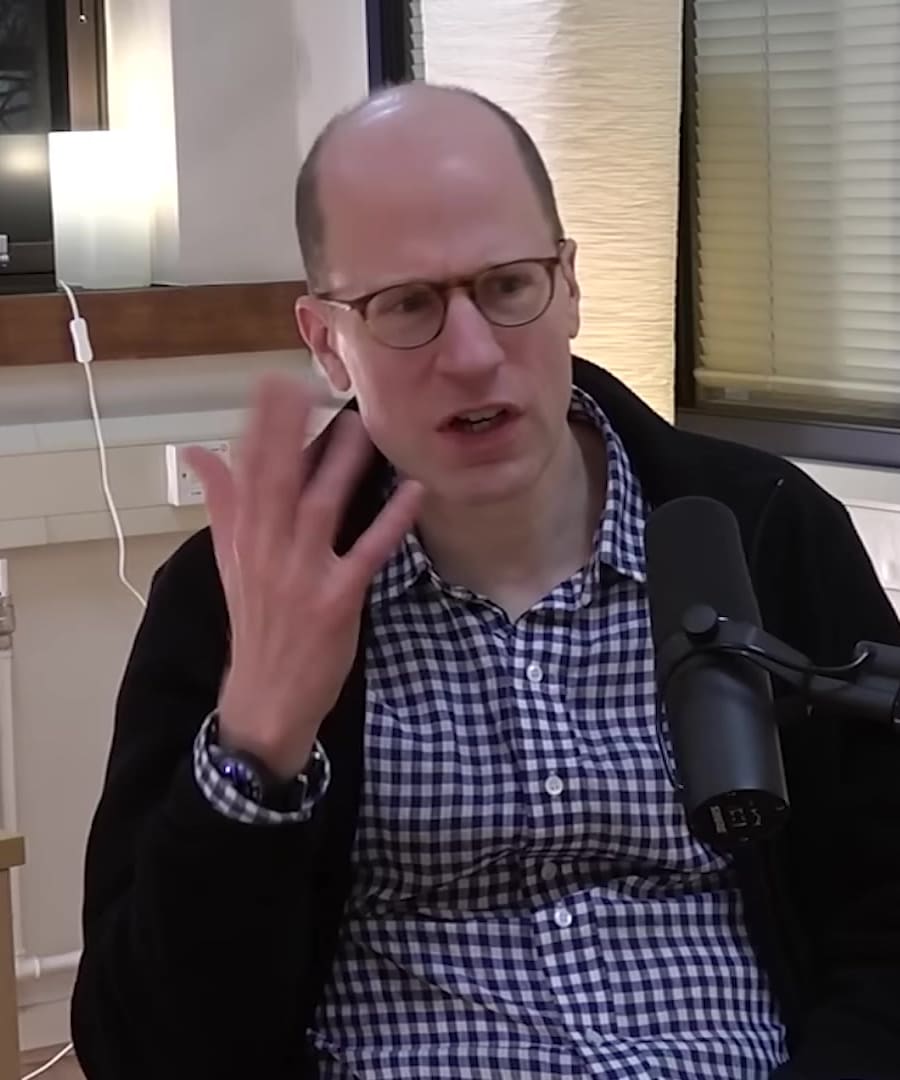World simulation
Sources:
Lex Fridman has explored the topic of world simulation through several discussions with various experts. Here are some key insights:
-
Virtual Reality Worlds: Fridman discusses with the possibility of creating virtual reality worlds that are as compelling as physical reality. They highlight the engineering challenges and practical aspects of building such worlds, likening it to video games but with a consistent internal physics, which could potentially lead people to prefer living digitally 1.
-
Simulation and Superintelligence: explains the probability of living in a simulation. He argues that if it's possible to run simulated worlds, the fraction of simulated worlds will approach one over time. This implies that the likelihood of us living in a simulation could be very high 2.
-
Living in a Simulation: With , Fridman delves into the idea of needing to explain the programmer of our simulation, positing that even the programmer would have had to evolve. Dawkins finds this an interesting thought experiment, especially with arguments from , although he's skeptical about its real-world application 3.
-
Nature of Reality: elaborates on the hypothesis that our perceived reality might be a simplified version of a more complex underlying reality. The simulation hypothesis fits here as an idea that the ultimate nature of reality might be data structures in a higher-level universe 4.
-
Creating Realistic Simulations: Fridman also discusses with the feasibility of creating fully realistic simulations. Carroll points out the immense practical challenges, despite the philosophical and fascinating aspects of such an endeavor 5.
These discussions collectively provide a rich examination of the simulation hypothesis, blending philosophical, practical, and futuristic perspectives.
RELATED QUESTIONS-




